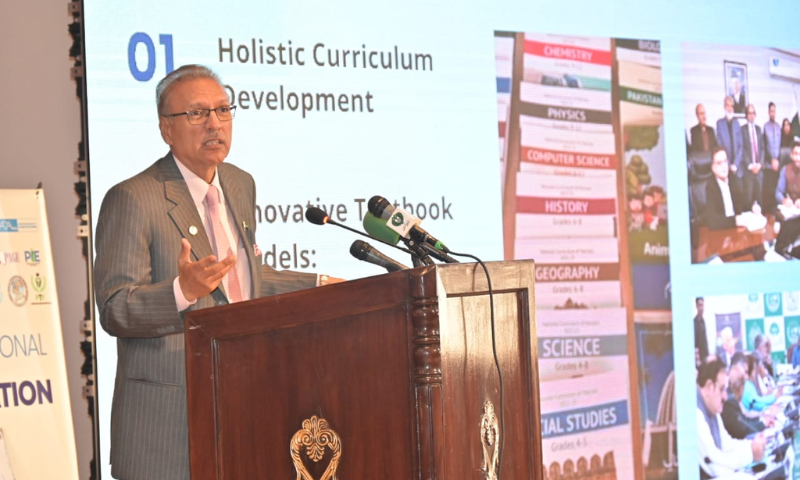
In a decisive effort to address the widespread issue of out-of-school children, Prime Minister Shehbaz Sharif has announced an education emergency across Pakistan. This new initiative aims to bring 26 million children into the education system, underscoring the government’s commitment to ensuring that every child in the country has access to education.
During a recent National Conference on Education Emergency held in Islamabad, the Prime Minister highlighted the importance of education as a foundation for national prosperity. He outlined the government’s strategy to increase school enrollment, particularly in underprivileged regions, with a focus on incentivizing education for girls.
The plan includes targeted measures such as financial incentives for families to keep their daughters in school, reflecting the Prime Minister’s earlier successes in Punjab, where similar programs significantly boosted enrollment rates.
This emergency declaration signals a critical shift in Pakistan’s approach to education, with the government taking an active role in addressing one of the country’s most pressing challenges. The initiative aims not only to increase the number of children attending school but also to improve the quality of education provided, building on successful models like the Danish Schools, which offer comprehensive educational and boarding facilities to children from low-income families.
The success of this education emergency could mark a turning point in Pakistan’s educational landscape, providing a foundation for future growth and development across the nation
